UN urges Taliban to include women in public life at Doha talks
Rights organisations have strongly criticised controversial UN move to exclude civil society groups from summit
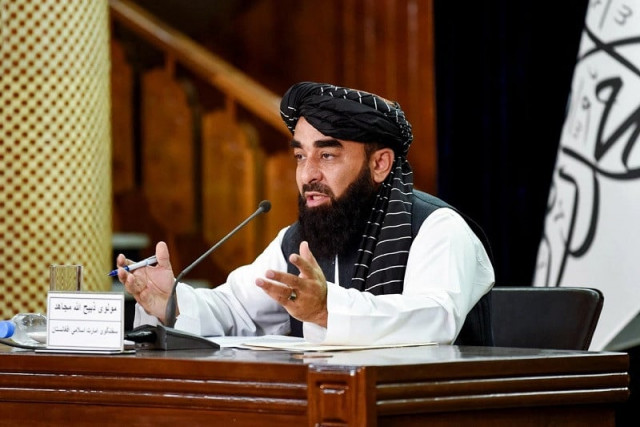
Taliban authorities were told women must be included in public life, UN Under-Secretary-General Rosemary DiCarlo said on Monday as she defended a decision to sideline civil society groups at official talks in Doha.
Rights organisations have strongly criticised the controversial UN move to exclude the groups, including women's rights activists, from the two-day summit on Afghanistan as the price for the Taliban government's participation.
"Authorities will not sit across the table with Afghan civil society in this format, but they have heard very clearly the need to include women and civil society in all aspects of public life", DiCarlo told a Doha news conference.
The UN-hosted meeting began on Sunday and is the third such summit to be held in Qatar in a little over a year, but the first to include the Taliban authorities who seized power in Afghanistan for a second time in 2021.
The talks were due to discuss increasing engagement with Afghanistan and a more coordinated response to the country, including economic issues and counter-narcotics efforts.
In the aftermath of the Taliban's return to power, the international community has wrestled with its approach to Afghanistan's new rulers.
The Taliban government in Kabul has not been officially recognised by any other government since it took power in 2021.
The group has imposed a strict interpretation of Islam, with women subjected to laws characterised by the UN as "gender apartheid".
Read also: Taliban govt declares Afghan women’s rights internal matter ahead of UN talks
They refused an invitation to Doha talks in February, insisting on being the only Afghan representatives, to the exclusion of civil society groups. But their condition was accepted in the build-up to this latest round.
DiCarlo, who chaired the UN talks in the Qatari capital, said she "hopes" that "there'll be new consideration" of Taliban government policy on women in public life including girls' education.
The UN and international delegations will have the chance to meet with civil society representatives, including women's rights groups, tomorrow following the close of the main meetings.
But Amnesty International chief Agnes Callamard said in a statement ahead of the talks that "caving into the Taliban's conditions to secure their participation in the talks would risk legitimising their gender-based institutionalised system of oppression".
The Taliban authorities have repeatedly said the rights of all citizens are guaranteed under Islamic law.
The head of the Taliban delegation, spokesman Zabihullah Mujahid told the more than 20 assembled special envoys and UN officials at the summit's opening session that diplomats should "find ways of interaction and understanding rather than confrontation", despite "natural" differences in policy.
"The Islamic Emirate of Afghanistan is keen on engaging constructively with Western nations as well," Mujahid said.
Read: Taliban praise US position on Afghanistan in unusual show of approval
"Like any sovereign state, we uphold certain religious and cultural values and public aspirations that must be acknowledged," he added.
Taliban authorities said Monday they would press the international community over economic sanctions at the meetings to discuss increasing engagement with the impoverished country of more than 40 million.
Writing on social media site X, senior foreign ministry official Zakir Jalaly said the Taliban government delegation would use Monday's meetings to address "financial and banking sanctions" and the "challenges" these pose to Afghanistan's economy.
Mujahid, said in his opening statement that: "Afghans are asking why they are being ganged up on, on the basis of unilateral and multilateral sanctions."
The Taliban government spokesman also questioned whether ongoing sanctions were "fair practice" after "wars and insecurity for almost half a century as a result of foreign invasions and interference".
DiCarlo said the issue of sanctions was "raised" but not discussed in depth.
"It's a member state issue whether they're going to continue certain sanctions or not. The sanctions are on people, not on the country at large" the UN official said.

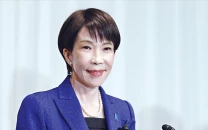
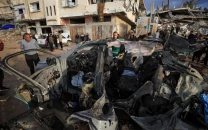
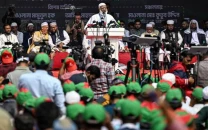

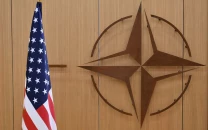
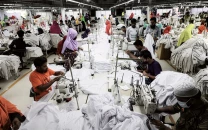












COMMENTS
Comments are moderated and generally will be posted if they are on-topic and not abusive.
For more information, please see our Comments FAQ